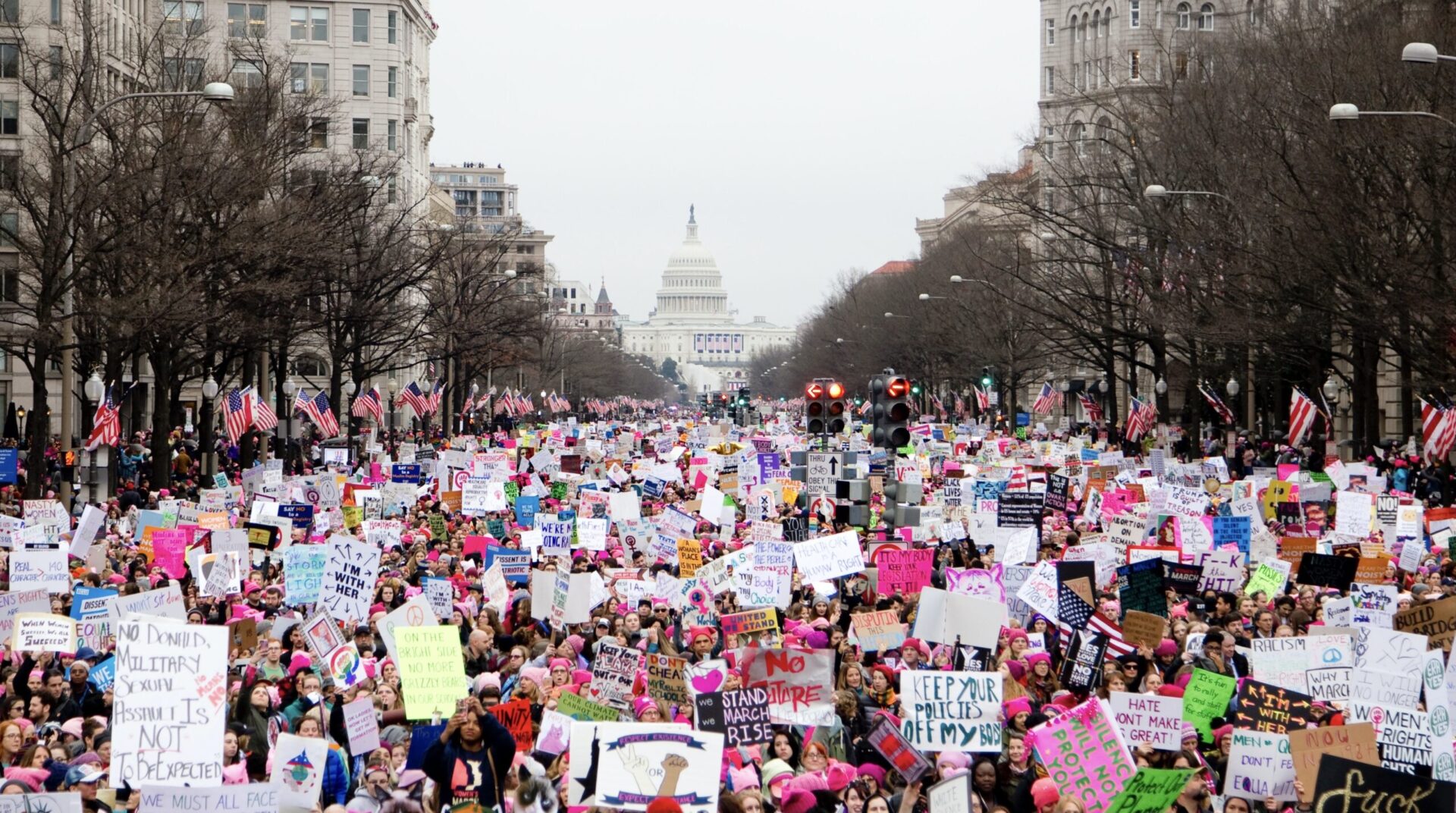
Passed by Congress in 1789, the First Amendment guarantees individuals freedom of religion, speech, press, assembly, and petition. And while this includes the right to attend a lawful protest without the government acting, it does not protect against actions taken by a private employer, especially if those protests turn violent or destructive.
So, is it legal for private employers in the U.S. to terminate an employee for taking part in a protest? Here are a few considerations:
Is the Employee At-Will?
It’s important to note, the majority of working Americans are deemed “at-will” employees. “At-will” employees are not protected by a contract or union agreement, meaning they can be fired without cause or warning. An employer can fire an “at-will” employee for any reason other than discrimination based on race, age, religion, gender, or disability.
Did the Employee Engage In Unlawful Activity?
If an employee is arrested for breaking the law during a protest, there is no law protecting the employee from being fired. This is why it’s important for individuals to take a close look at their employer’s handbook or policies.
An employee should understand the guidelines of their employer both on and off the clock. This includes restrictions on public statements, behaviors, or legal repercussions that can ultimately reflect negatively on the organization.
Despite being “off-duty,” some employers have policies that restrict employees from wearing their uniforms in public. If an individual were to break a rule like this one, it could certainly result in the loss of employment, especially if the employee is captured engaging in illegal or destructive behavior.
Company policies also include political discussions in the workplace that have the potential to offend others. To put it simply, an employee is a representative of their company, and an employer is allowed to fire them for not following the rules.
For recent examples of companies taking actions against employees who violated their policies, check out Angela’s appearance on KTLA:
For more information regarding resources for employers, businesses, and employees during this time, connect with me on LinkedIn for new updates, or contact me here.
Experienced Employment Law Attorney, Mediator, Arbitrator, Investigator, Legal and Media Commentator
Twice-named a U.S. News Best Lawyer in America for employment and labor law, Angela Reddock-Wright is an employment and labor law attorney, mediator, arbitrator, and certified workplace and Title IX investigator (AWI-CH) in Los Angeles, CA. Known as the “Workplace Guru,” Angela is an influencer and leading authority on employment, workplace/HR, Title IX, hazing, and bullying issues.
Angela is a regular legal and media commentator and analyst and has appeared on such media outlets as Entertainment Tonight, Law and Crime with Brian Ross, Court TV, CNN, ABC, CBS, Fox 11 News, KTLA-5, the Black News Channel, Fox Soul – The Black Report, NPR, KPCC, Airtalk-89.3, KJLH Front Page with Dominique DiPrima, the New York Times, the Washington Post, the LA Times, Yahoo! Entertainment, People Magazine, Essence Magazine, the Los Angeles Sentinel, LA Focus, Daily Journal, Our Weekly and the Wave Newspapers.
Angela is a member of the panel of distinguished mediators and arbitrators with Judicate West, a California company that represents the gold standard in dispute resolution. She also owns her own dispute resolution law firm, the Reddock Law Group of Los Angeles, specializing in the mediation, arbitration, and investigation of employment discrimination, harassment, retaliation, and other workplace claims, along with Title IX, sexual assault, and misconduct, hazing, and bullying cases.
For more information regarding resources for employers, businesses, and employees during this time, connect with Angela on LinkedIn for new updates, or contact her here.
This communication is not legal advice. It is educational only. For legal advice, consult with an experienced employment law attorney in your state or city.
